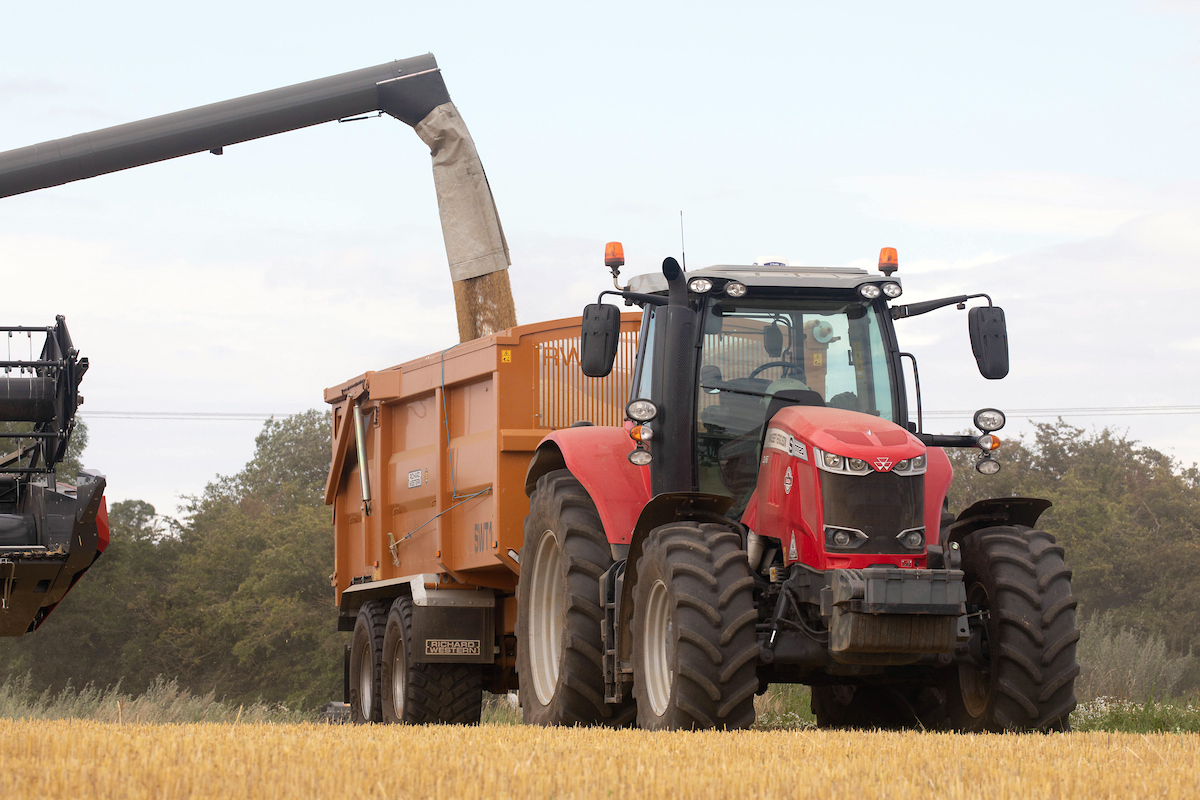warksfarmer
Member

Red Tractor Backs "level Playing Field" For Uk Farmers Over Feed Grain Imports - Red Tractor Assurance
Red Tractor Backs "level Playing Field" For Uk Farmers Over Feed Grain Imports. Read this and our most recent stories on the Red Tractor Assurance website.assurance.redtractor.org.uk
Load of rubbish just trying to save their fraudulent business model.
Equal to imports for all combinable crops is what it must be. Nothing less.





